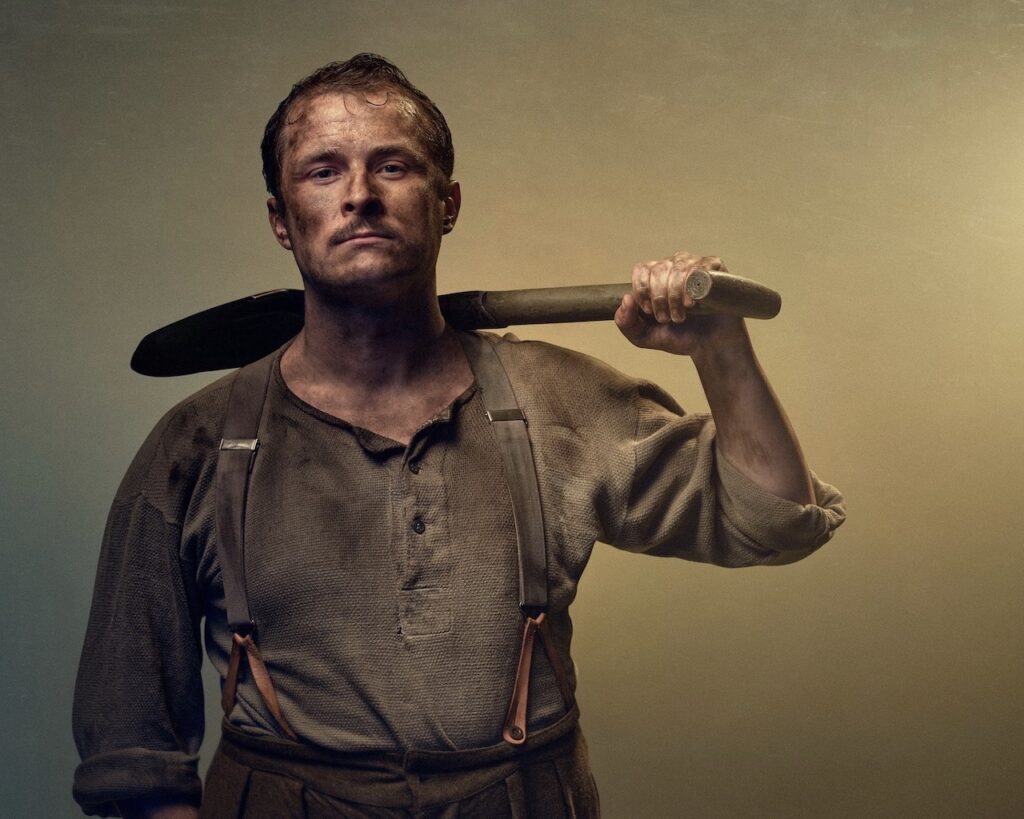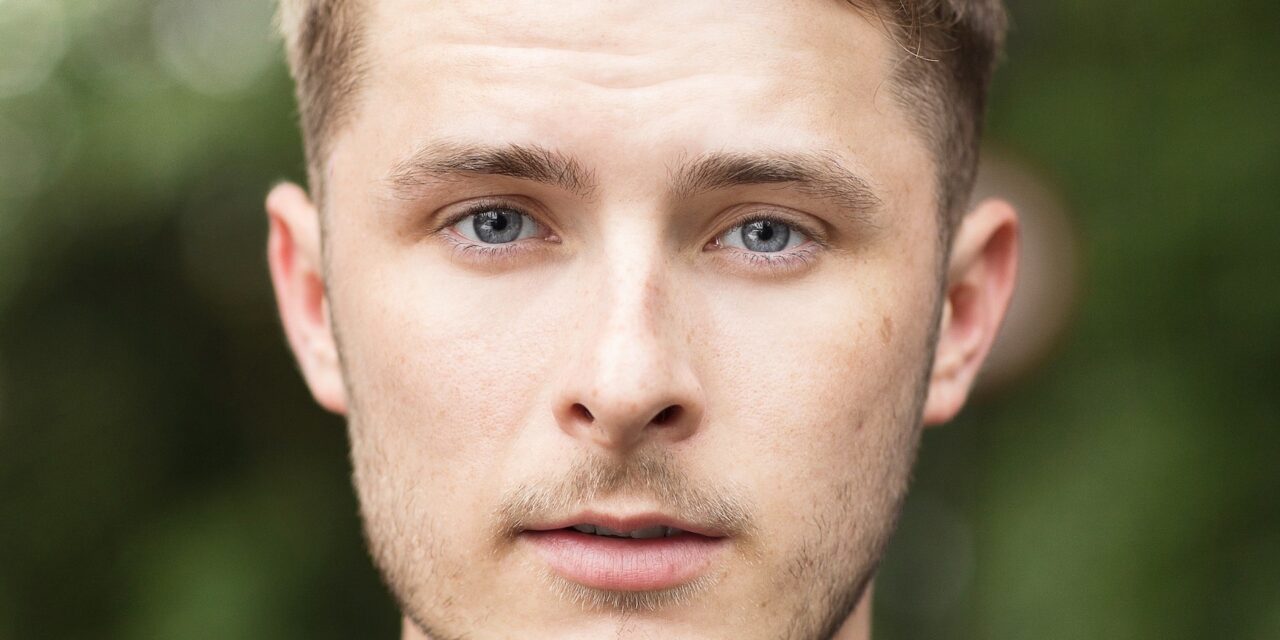
Max Bowden, best known on television as Ben Mitchell in EastEnders, stars as Jack Firebrace in Sebastian Faulks’ epic story of love and loss, Birdsong. Max chats to Theo Bosanquet ahead of his visit to Bath, as he returns to the play after first performing in it nearly ten years ago. The stage production visits the Theatre Royal from Monday 25th to Saturday 30th November. Max chats to Theo Bosanquet ahead of his visit to Bath, as he returns to the play after first performing in it nearly ten years ago.
You’re coming back to Birdsong having appeared in a production back in 2015-2016. How does it feel to be returning?
Strange! I was so young and naive back then in terms of the industry. It feels almost like a coming of age tale to be back with the show nearly a decade later, even though the time has passed really quickly. It’s bittersweet – while it’s great to be having a crack at such a well written character, it reminds me that I’m getting old!
You played Tipper last time, and Jack Firebrace this time. Could you tell us a bit about Jack?
Jack is a sapper, one of the Royal Engineers, and he has a lot of heart and charisma. He’s representative of the kind of camaraderie a lot of the men had in the trenches. He’s always trying to lift the others up, even though he’s suffering from missing his wife and son back home. He’s a real testament to the ‘keep calm and carry on spirit’ of the time.
Does it help having seen other actors play the role?
No. I always try to steer clear of copying other performances. Peter [Duncan] and Tim [Treloar] both did a phenomenal job, and I loved their versions. But I want to make my own mark. The beauty is that because Jack is fictional, the ball’s in my court to try and find my take on who he really is.
Sebastian Faulks’ novel is 30 years old this year. Why do you think it continues to resonate with people?
Thematically, it’s as pertinent as it has ever been. Sadly we are living in a more divided society, in a world in conflict. The story contains all of the beauty and the cruelty of mankind. I also think it’s important to inform the youth of today and their decisions by showing them what their ancestors went through to fight for their freedom. It’s such an important time to tell stories like this.
This is a brand-new staging of the production. Could you give us a sense of what we can expect?
It cleverly emulates the way that war is so harsh on the senses. The creative and technical team have created a brilliant design and soundscape that really takes you into the Western Front, while also juxtaposing it with the softness and beauty of what came before. So it really echoes the evolution of the story, which is set before, during and after the war.
Does the visceral staging help you as an actor to get into the world of the story?
Definitely. It really feels like everything is at you and on top of you, so when we get to the climactic moments of fear, or heartache, they’re even more impactful. Ultimately, it’s painting a depiction of something that was very real for those men.
You recently left EastEnders after five years playing Ben Mitchell. How did that experience shape you as an actor?
EastEnders is one of the hardest gigs, if not the hardest gig, in acting, because a lot of the time you have to strip away your technique and rely on impulse. I carry quite a lot of ‘the method’ in my approach to my acting, and it’s easy to get a bit lost in the work as a result. So it’s shaped me in that I no longer approach anything with fear. It’s a brilliant place to hone your skills, so I’m very grateful for my time there.
Was it emotional bidding farewell to Ben?
To an extent, in that you always wonder what they’re doing now. Some characters are harder to say goodbye to than others. Ben and I had had a bit of a falling out, so I think it was right for me to say goodbye to him when I did.
How did you get into acting in the first place?
When I was about 10 my Mum took me to a Saturday drama class in Addlestone, which was not far from where we lived. I think she realised quite quickly I had a knack for it, so from then on I wasn’t allowed to do anything else! My Dad worked in TV, so he was quite resistant to me doing it professionally because he knew the nature of the business. But I think part of Mum wanted to do it herself when she was younger, so she was always very supportive.
You teach acting yourself. What sort of advice do you give to your students?
Teaching is my biggest love. I love giving back and helping someone else learn the process and then flourish. I’ve got a profound interest in young people’s development, especially since become a father myself. And my major piece of advice is to educate yourself. Go to art galleries, listen to classical music, read history and immerse yourself in stories. If you want to be truly great you have to put the graft in.
How do you relax away from the stage?
I love to play golf, and spend time in nature. I also watch a hell of a lot of films – including lots of military ones, which doesn’t sound very relaxing but it is, trust me! My life has changed a lot recently. I don’t party anymore, I’m just interested in being a better dad, and a better person overall. When you do such intense work as Birdsong, or EastEnders, you need down time. I’ve learned that it’s never wise to burn the candle at both ends.
What does it mean to honour the memory of men like Jack Firebrace?
Honouring the memory of anybody from that era is so important. But I think Jack is particularly special. He’s selfless, and sees it as his duty to keep everybody morale up and focused on their purpose. He’s a real master of that. I think he represents the everyman who fought in the trenches, so for me it’s just so important to keep telling his story.
Interview by Theo Bosanquet
Photo credits: Ori Jones, Michael Wharley


